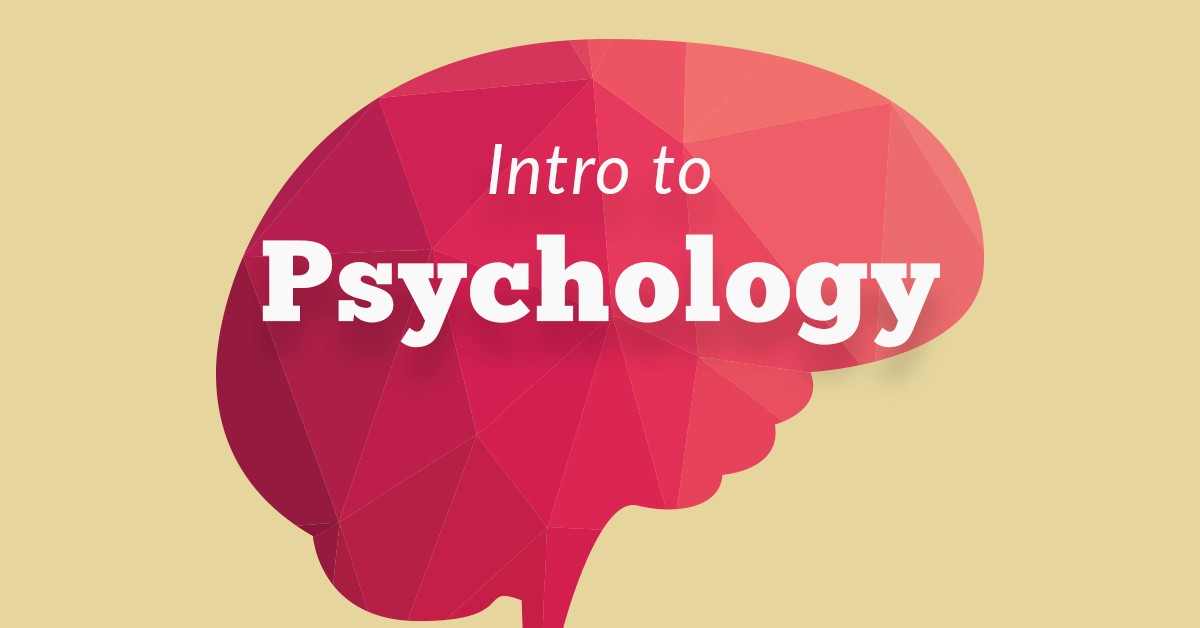
What is nature of psychology
Introduction:
In the vast landscape of human knowledge, few disciplines delve as deeply into the intricacies of the mind and behavior as psychology. From the subconscious mechanisms that guide our decisions to the complexities of interpersonal relationships, psychology offers a window into the rich tapestry of human experience. Let’s embark on a journey to explore the multifaceted nature of psychology, unraveling its significance and shedding light on its profound insights.
The Interdisciplinary Tapestry:
At its core, psychology is an interdisciplinary field, drawing insights from a multitude of disciplines such as biology, sociology, anthropology, philosophy, and neuroscience. This interdisciplinary approach allows psychologists to examine human behavior from various perspectives, enriching our understanding of the factors that shape who we are and how we interact with the world.
Understanding the Human Mind:
Central to psychology is the study of the human mind – the seat of our thoughts, emotions, and perceptions. Psychologists explore cognitive processes such as memory, attention, and problem-solving, seeking to understand how these mental functions influence our behavior and shape our experiences. From the mysteries of consciousness to the depths of the unconscious, psychology ventures into the inner workings of the mind, illuminating its complexities.
Unraveling the Mysteries of Behavior:
Behavior serves as a window into the inner workings of the mind, reflecting our thoughts, feelings, and desires. Psychologists employ a myriad of research methods, from controlled laboratory experiments to naturalistic observations, to unravel the mysteries of human behavior. Whether investigating the factors that influence decision-making or exploring the dynamics of social interaction, psychology offers valuable insights into the drivers of our actions and the patterns that govern our behavior.
The Spectrum of Human Experience:
From infancy to old age, the field of psychology encompasses the entire spectrum of human experience. Developmental psychologists study the unfolding of human potential across the lifespan, examining how genetics, environment, and personal experiences shape our growth and development. Meanwhile, clinical psychologists delve into the realm of mental health, offering support and interventions to individuals grappling with psychological disorders.
Applying Psychological Insights:
Beyond its theoretical insights, psychology has practical applications that touch nearly every aspect of human life. Educational psychologists inform teaching practices and learning strategies, helping students thrive in academic settings. Industrial-organizational psychologists apply their expertise to enhance workplace productivity and employee well-being. Meanwhile, counseling and clinical psychologists offer support and guidance to individuals facing personal challenges, empowering them to lead fulfilling lives.
Conclusion:
In the grand tapestry of human knowledge, psychology stands as a beacon of insight into the depths of the human mind and behavior. From its interdisciplinary roots to its practical applications, psychology offers a rich tapestry of knowledge that enriches our understanding of ourselves and the world around us. As we continue to unravel its mysteries and explore its vast terrain, we gain invaluable insights that illuminate the complexities of human nature and pave the way for a brighter future.